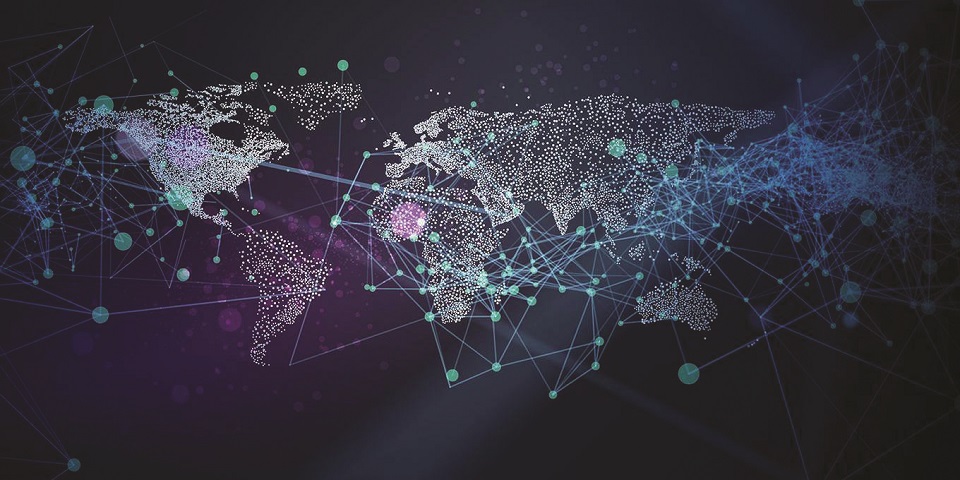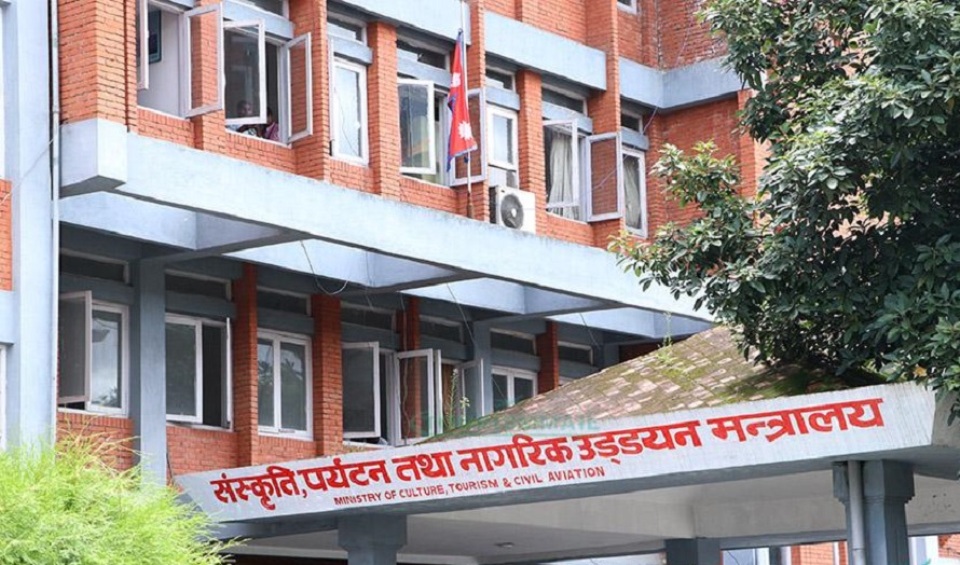
OR
Don’t let tariffs break the internet
Published On: December 11, 2019 10:06 AM NPT By: John WH Denton


John WH Denton
John WH Denton is Secretary General of the International Chamber of Commercenews@myrepublica.com
More from Author
Digital tariff barriers are simply unnecessary. Governments already have other ways to address potential losses in fiscal revenue from digitalization
PARIS – Most people have never heard of the World Trade Organization’s moratorium on customs duties on electronic transmissions. And yet it may be one of the most important trade deals in recent history, given the outsize effect it has had on the growth of the Internet.
The moratorium—which has been renewed by WTO member states every two years since 1998—has enabled the digital economy to flourish by prohibiting governments from applying tariffs to international data flows. It has thus shielded the Internet from distortions induced by levies at national borders. As such, the online sphere has been a virtual utopia, the likes of which trade economists can only dream when it comes to real-world commerce.
But this paradise will soon be lost unless cool heads prevail. A handful of countries—most notably India, South Africa, and Sri Lanka—have signaled their intention to let the moratorium lapse at the end of this year. That would leave governments free to begin experimenting with unilateral tariffs on everything from software, e-books, and cloud services to the data underlying popular streaming services.
Proponents of ending the moratorium argue that the digitalization of previously physical goods—books to e-books, CDs to Spotify, DVDs to Netflix—has resulted in a loss of tariff revenues. Viewed through this narrow lens, the notion of applying duties to digital transactions may seem appealing to politicians seeking to protect domestic revenue bases, and who are increasingly feeling public pressure to tax the global tech giants. But applying tariffs to data flows would be a chimerical answer to a very real challenge. Not only would such a move add to a damaging pattern of escalating tariffs; it would also wreak potential havoc in the online economy. Move over Kim Kardashian: tariffs really could “break the Internet.”
Tariffs on data would cause economic harm to the very countries that imposed them. As a study by the European Center for International Political Economy shows, tariffs on digital goods and services would lead to higher prices and reduced consumption—slowing GDP growth and shrinking tax revenues. The OECD has also recently entered the fray, finding that the opportunity cost in terms of lost revenue due to the moratorium is low, and far outweighed by the increase in consumer welfare brought about by digitalization.
Moreover, no customs authority has been able to demonstrate how a digital tariff system would work in practice. Consider video streaming: the moment you begin watching content on your smartphone app—whether in Jakarta, Paris, or Mumbai—your device begins receiving packets of data from servers in nearby countries. While viewing a single movie, your device could receive as many as five million data packets from nine separate jurisdictions. It would be prohibitively expensive for customs officials to track these millions of electronic transmissions and determine their origin, and it would be nearly impossible to quantify their value.
How, then, would countries accurately (and impartially) calculate the tariff on a single viewing session, byte of data, or file size, let alone on the endless stream of data and messages that enable modern business-to-business transactions? And how would they do so at a speed congruent with that of the digital economy? There are no clear answers to these questions.
Complicating matters further is the fact that around 60 existing bilateral and regional trade agreements—covering some 80 countries—contain independent provisions prohibiting the application of customs duties on cross-border data. Were the moratorium to lapse, these provisions would still be in effect, leading to an exceedingly complex digital trade environment and the creation of distortionary incentives to re-route data through duty-free jurisdictions.
But, more to the point, digital tariff barriers are simply unnecessary. Governments already have other ways to address potential losses in fiscal revenue from digitalization. Australia, for example, has successfully implemented a non-resident digital goods and services tax. After just one year, revenue from the tax has surpassed expectations, and compliance is high. Moreover, the OECD is making steady progress on developing a consensus solution to the tax challenges arising from the digital economy. A practical and robust conclusion to this work must be reached (indeed, it cannot come soon enough).
At a time when new tariffs are already placing a significant drag on global growth, the last thing we need is for the WTO’s digital moratorium to lapse, opening up a vast new front for protectionists and anxious politicians to exploit. The real answer to the conundrum of how best to tax the digital economy ultimately lies outside the WTO, and well beyond the remit of national customs agencies. We can only hope common sense will prevail, and that the most important trade deal you (probably) never heard of will be renewed this December.
John WH Denton is Secretary General of the International Chamber of Commerce
© 2019, Project Syndicate
www.project-syndicate.org
You May Like This

Internet Governance Forum begins in Nepal to launch discussions on internet ecosystem
Internet Governance Forum begins in Nepal to launch discussions on internet ecosystem ... Read More...

Rethinking Internet of Things
Today’s broadband networks were built to serve people. They are important but are fairly limited in scope ... Read More...

African governments learn to block the internet, but at cost
The mysterious Facebook blogger kept dishing up alleged government secrets. One day it was a shadowy faction looting cash from... Read More...







Just In
- Public transport to operate during Qatari king’s arrival, TIA to be closed for about half an hour
- One arrested from Jhapa in possession of 43.15 grams of brown sugar
- EC to tighten security arrangements for by-elections
- Gold price drops by Rs 2,700 per tola
- Seven houses destroyed in fire, property worth Rs 5.4 million gutted
- Police pistol missing after drug operation in Bara, investigation underway
- Truck carrying chemical used in drugs catches fire
- Nepali journalists Sedhai and Kharel awarded second prize at Fetisov Journalism Awards for their exposé on worker exploitation in Qatar World Cup











Leave A Comment